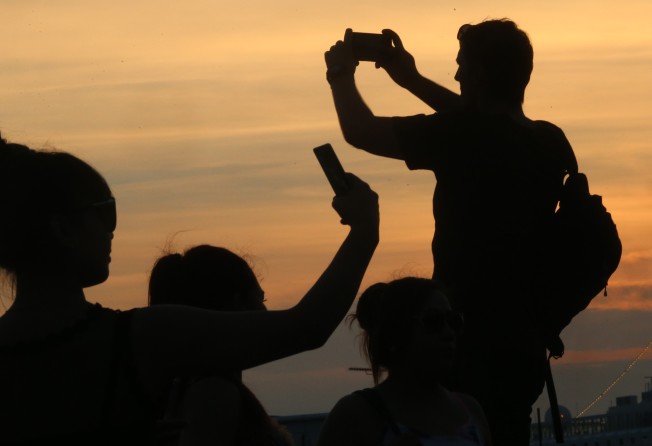Ethnicity should play no part in judging a poem - or a person
Peter Gordon says the complexities of identity politics aside, the uproar over an American poet's ruse to hide his ethnicity reinforces the importance of an evaluation system based on merit

What's in a name?" a famous writer once asked. Rather a lot, it seems, for American poet Michael Derrick Hudson, whose poem The Bees, the Flowers, Jesus, Ancient Tigers, Poseidon, Adam and Eve had been turned down by some 40 publications.
Hudson decided to "be some other name", specifically Yi-Fen Chou, under whose name the poem was accepted by a journal and ultimately found its way into the 2015 edition of The Best American Poetry, at which time he came clean. Judging by the heated reaction, many - in particular Asian - writers feel that not only did this rose by any other name not smell as sweet, it smelled more like what might have been used to fertilise it.
Deception is rarely pretty, so this disapprobation - "colonial theft" and "yellowface" were two of the terms bandied about - is understandable. But the exact nature of the transgression is surprisingly hard to pin down. If misrepresentation for the purpose of publication were grounds for being barred, as has been suggested, then we'd have to wave goodbye to George Elliott and George Sand, both of whom were women. One is forced to conclude, somewhat uncomfortably, that some lies are whiter than others.
But why, indeed, should it matter what name is on a poem? The implication here is that the ethnicity or identity of the creator is relevant to the evaluation of a work of art. This poem was evidently selected at least in part because the poet was believed to be Chinese. This part of the selection process was methodologically flawed: names are an unreliable indication of ethnicity. Gary Locke is the ethnically Chinese former US ambassador while the surname Lee is ethnically ambidextrous. My children have both Chinese and English names on their birth certificates; either can be used legitimately.
But it is discomfiting for all concerned that a poem rejected many times under an Anglo-Saxon name is not just accepted but lauded under an Asian one. One lesson from this affair is that any compilation titled "The Best" should perhaps be referred to the Consumer Council.
The question of what it means to be Asian came up when setting up the Man Asian Literary Prize in 2006. We decided on a definition based on both citizenship and residency, which could at least be documented, rather than ethnicity which, even if it were a valid consideration, is often fuzzy and even a matter of self-definition.
Closer to home, the question of what it means to be a "Hong Kong writer" overlaps with many of the same issues of identity that have been discussed by others. Physical presence doesn't suffice: one can be a Hong Kong writer living overseas; nor does just living here necessarily make one a Hong Kong writer. Ethnicity is not determinative, nor is subject matter: there are Hong Kong books written by non-Hong Kong writers and vice versa.
One is, perhaps, a Hong Kong writer if, and only if, one considers oneself to be. And being a Hong Kong writer does not exclude also being simultaneously - or sequentially - an American, Chinese or Malaysian writer, or perhaps even all at once.
What holds for writers surely holds for the rest of us: one can have both Chinese and Hong Kong identities, or Hong Kong and American identities, or Hong Kong and Filipino identities. Ability, not ethnicity nor, for that matter, gender, should be the criterion for evaluating people and their work. And it's best not to pretend to be someone one isn't; the more successful the ruse, the harsher the backlash.
Whoever said that poetry isn't relevant to daily life?
Peter Gordon is editor of the Asian Review of Books and publisher at Chameleon Press, which is releasing an anthology titled "Eight Hong Kong Poets" in the autumn